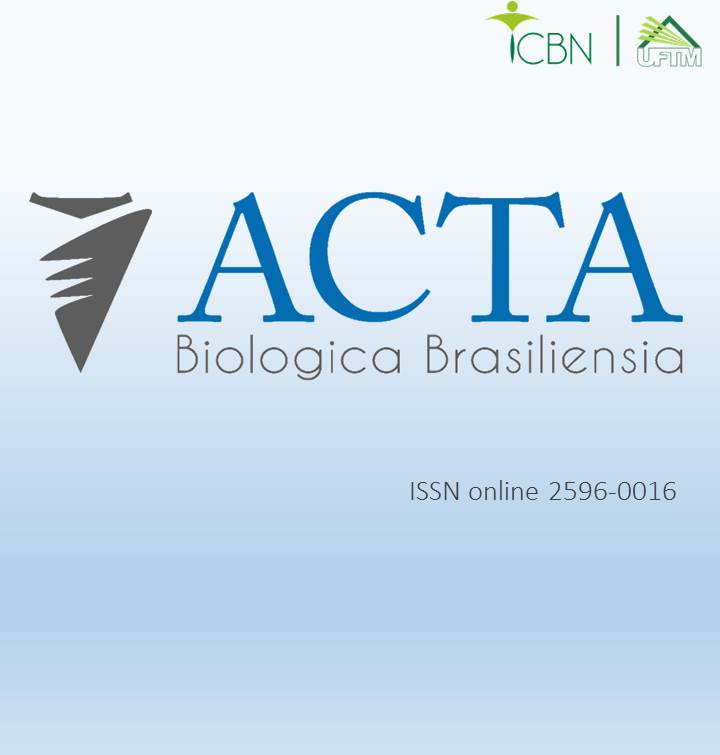ANTI-INFLAMMATORY EFFECTS OF SALBUTAMOL ON HUMAN BRONCHIAL EPITHELIAL CELLS STIMULATED BY CIGARETTE SMOKE EXTRACT
DOI:
https://doi.org/10.18554/acbiobras.v6i1.7244Palavras-chave:
Cigarette smoke extract, bronchial epithelial cells, smokingResumo
Cigarette smoking, the major cause of chronic obstructive pulmonary disease (COPD), induces activation of pro-inflammatory pathways in the airway epithelium. Salbutamol, a selective and short-acting ?2-adrenoceptor agonist, is used for bronchospasm relief in patients with asthma and COPD. In addition, salbutamol also presents anti-inflammatory effects. Here, we evaluated whether salbutamol (10-5-10- 7 M) can reduce on bronchial epithelial cells (BEAS-2B cells) the inflammatory parameters induced by cigarette smoke extract (CSE; 1%). After 24h, Salbutamol reduced the IL-1? production induced by CSE in a concentration-response manner. Salbutamol (10-6 M) reduced the IL-8 production and increased the IL-10 production on CSE-stimulated cells. Also, salbutamol (10-6 M) decreased the ICAM-1 expression and the reactive oxygen species production. These anti-inflammatory effects could be associated with the down regulation of activation of NF-?B. Salbutamol may be a potential alternative treatment to airway inflammation caused by cigarette smoking such as in COPD patients.
Downloads
Publicado
Edição
Seção
Licença
O(s) autor(es) mantém(êm) os direitos sobre o material publicado. Todavia, a publicação implica automaticamente, a cessão dos direitos autorais, sem pagamento por parte do periódico. O (s) autor (es) transfere (m) seus direitos patrimoniais (o direito de publicar, reproduzir, distribuir) para a revista. O (s) autor (es) não recebe (m) remuneração financeira da Revista Acta Biologica Brasiliensia para publicar, sendo a contrapartida a divulgação de seu trabalho.







